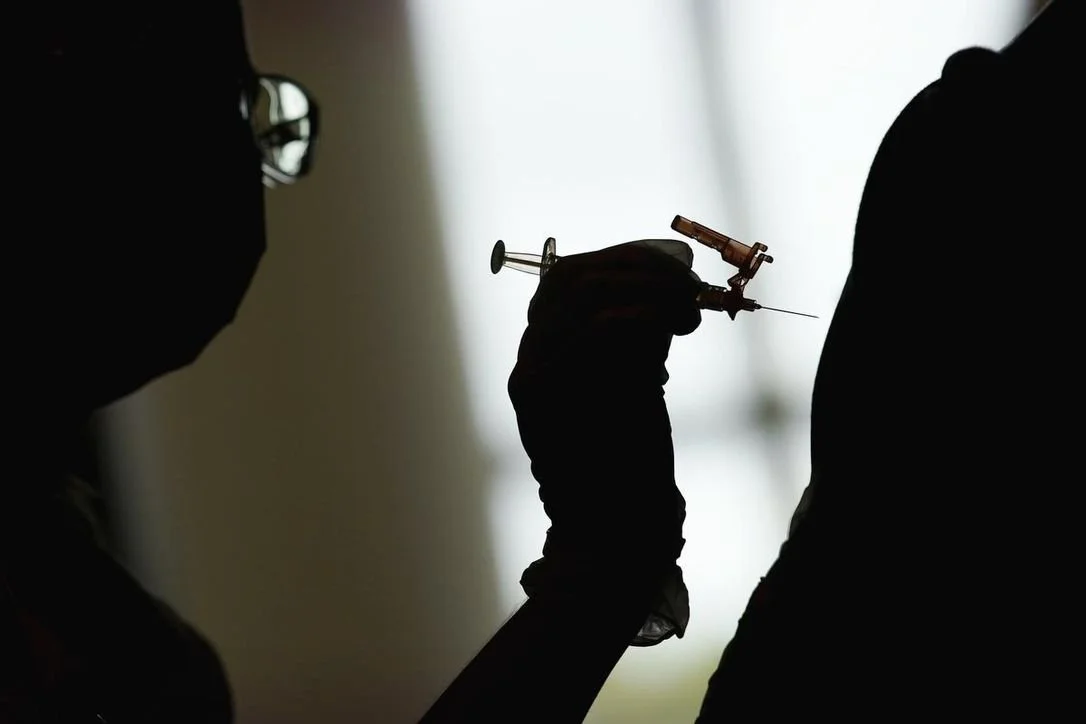Balancing boosters with global vaccine equity: time for Canada to step up
Omicron has arrived. Cases are doubling every 3 days and the vast majority of infections in Ontario are already attributable to this new variant. So far, it’s too early to definitively say whether the illness caused by Omicron is any different than that by prior variants.
What we do know is that antibodies taken from people with two doses of an mRNA vaccine were much less effective at neutralizing the Omicron variant than the original virus, while samples from people with a third (booster) shot showed no such drop.
Real-world data from the UK seem to confirm this — vaccine protection from symptomatic Omicron infection dropped to under 40 per cent within four months of a second shot, but rose to 75 per cent after a third shot. Although we don’t yet know enough about protection from severe disease, it’s clear that current vaccines are less effective against Omicron than prior variants, and booster shots will help to mitigate this drop in effectiveness.
However, as Canadians line up for their third shots, many of us will do so with a gnawing sense of guilt. The reason? A full 3.5 billion people around the world have yet to receive their first dose. Most of them are in low- and middle-income countries (LMICs) with inadequate vaccine supply — where the same third shot used here could have a much greater impact as a first or second shot.
Even as 145 countries, including our own, have committed to the COVAX initiative co-led by Gavi, the WHO and CEPI for equitable worldwide vaccine access, a “vaccine apartheid” has occurred. More than 66 per cent of people in high-income countries have had at least two doses, while only 7.6 per cent of those in low-income countries have had a single dose.
In Canada alone, more than a million doses have expired and been discarded. At the same time, experts have warned for months that uncontrolled viral spread in LMICs lacking vaccines could lead to a new variant with global consequences.
Yet, quite paradoxically, the emergence of Omicron has only prompted wealthy nations to double down by rushing to administer boosters, further perpetuating the very disparity that led to the urgent need for these boosters. This is much like dousing the fire when it reaches the bedroom, while ignoring the flames engulfing the rest of the house.
What can we do to fix this? Clearly, refusing a booster shot that has already been distributed and prepared will not help anybody in a low-income country, any more than refusing tonight’s dinner would help a child in the Global South experiencing famine. Solutions will require vision and will from our leaders.
Although Canada has made generous financial and dose donation pledges, these will not help countries in dire need today. Of 200 million doses we promised by the end of 2022, less than 10 million have been donated. Yet we have more than enough. Even with 80 per cent of adults receiving boosters, the G7/EU combined would have 1.4 billion extra doses by the end of the first quarter of 2022.
Actions our government must take now include redirecting excess doses that have already been acquired and redirecting future doses through “line-swapping” (allowing other countries to jump ahead of us in manufacturer distribution lists). At the same time, we must fight for all vaccine manufacturers to relax vaccine patent protections, to enable LMICs to produce their own supply.
As a founding member of the UN, Canada’s humanitarian endeavours have brought worldwide renown to Canadian values in decades past. Today, we claim two somewhat conflicting distinctions. We have procured more vaccine doses per capita — almost five — than any other country on Earth. Yet our population is composed of more foreign-born citizens than any other in the G7 — whereby we are more connected to the world around us than any other country in our position.
The message here is to get your booster and protect yourself and your loved ones. But at the same time, write our policy-makers, advocate through various channels, and let our leaders know that Canada must set an example for the rest of the world with bold action. To be sure, let’s make a commitment to match each booster dose we administer with a dose for COVAX today. If we lead, other rich nations may be inspired to follow.
Ultimately, if we fail to address vaccine inequity, this global pandemic will not end — for any of us.
Clarification — Dec. 21, 2021: This column was edited to clarify that the COVAX initiative is co-led by Gavi, the WHO and CEPI.
Written for the Toronto Star by Samir Gupta (Contributor), and Andrew Boozary.

